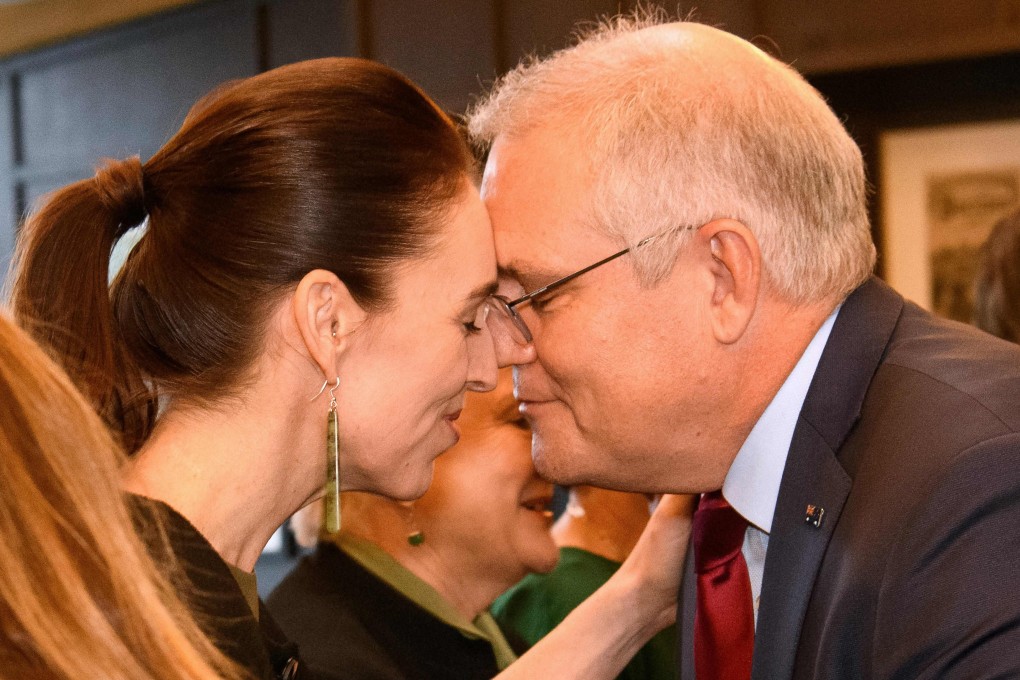China-Australia relations: New Zealand not ‘taking sides’ by joining WTO dispute panel on barley tariffs
- The World Trade Organization (WTO) has agreed to establish a panel to resolve Australia’s complaint over anti-dumping and countervailing duties imposed by China on its barley exports
- New Zealand was the first to join the panel as a third party, although a resolution could still take many years

New Zealand’s participation in the World Trade Organization (WTO) dispute settlement panel over Australia’s barley trade row with China is not a sign that Wellington is taking Canberra’s side, International trade lawyers and experts said.
The WTO on Friday agreed to establish a panel to resolve Australia’s complaint over anti-dumping and countervailing duties imposed by China on its barley exports, with New Zealand first to join the panel as a third party.
However, the resolution of the dispute could still take many years, with some similar cases previously taking up to five years, trade experts said.
New Zealand trade minister Damien O’Connor said on Saturday the island nation would participate in the case as it would raise “systemic issues of importance to the effective functioning of the multilateral rules-based trading system”.
The WTO panel will ultimately decide who is right and it is our strong preference to see disputes resolved in the WTO
“New Zealand upholds international rules and norms, so ensuring international trade rules are fairly applied by others is important to us and our exporters,” O’Connor said.